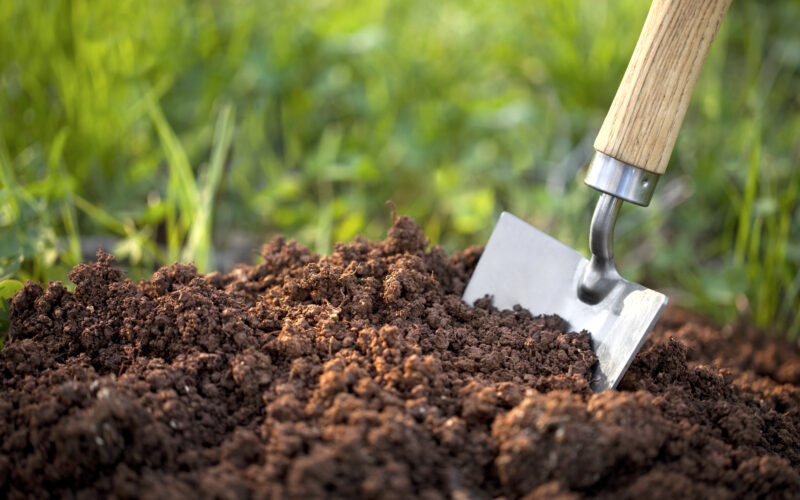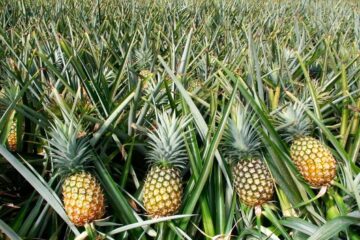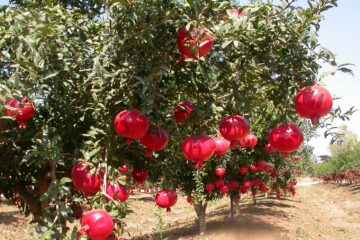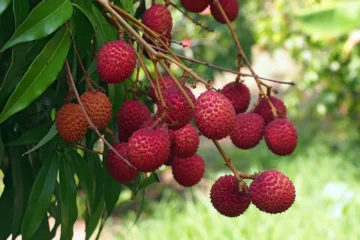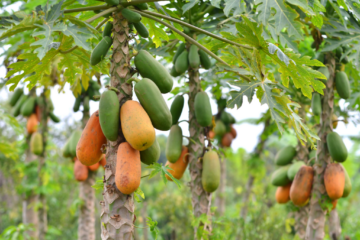Removing deficiencies in the soil before planting crops can lead to better yields. The growth of crops depends on the nutrient levels in the soil. Therefore, the soil must have the necessary nutrients for the crop being cultivated.
Types of Deficient Soils
Deficient soils can be categorized into:
- Physical Deficiencies:
- Compacted topsoil and subsoil
- Soils with fast water absorption
- Soils with slow water absorption
- Heavy topsoil and sandy soils
- Chemical Deficiencies:
- Acidic soils
- Saline soils
- Alkali soils
Soil Testing Results
Typically, not all soils contain all the necessary nutrients in the correct proportions. Soil testing can reveal which nutrients are lacking in the soil. Based on these results, we can determine what crops to plant and how to address the deficiencies.
Common soil issues include topsoil compaction, shallow soil, saline soil, and clay soil, which can impact crop growth. Addressing these issues can lead to higher yields.
Soil Compaction
Soil compaction occurs due to factors such as raindrop impact, the use of heavy machinery, and chemical reactions involving iron oxides. This results in soil particles breaking apart and binding with iron oxide to form a crust.
To mitigate this, apply farmyard manure, organic waste, and gypsum to improve soil structure, water infiltration, and aeration, making the soil more fertile. These issues are naturally occurring, and crops with shallow root systems tend to thrive in such soils.
Saline Soil
Soils containing high levels of chloride and sulfate salts become saline, hindering seed germination and water absorption by plant roots. Crops planted in such soils wilt due to the inability of roots to draw water.
To rectify saline soils, level the field, create drainage channels, flood the field with water, and allow the salts to dissolve. Then, drain the water through the drainage channels. Repeating this process multiple times can turn saline soil into arable land.
Alkali Soil
Soils with high levels of sodium salts become alkali soils. Applying gypsum (calcium sulfate) helps dissolve and flush out sodium salts. Repeatedly flooding the field and draining the water can reduce alkalinity.
Green Manure
Green manure significantly enhances soil fertility and provides essential nutrients for crops. Leguminous green manure crops like sunhemp, daincha, and sesbania are beneficial. Additionally, naturally growing plants like acacia, glyricidia, and neem leaves can be used as green manure.
Green manure crops, when plowed into the soil, decompose with the help of microorganisms, releasing macro and micronutrients. This process enriches the soil and promotes crop growth. The proliferation of beneficial microorganisms also releases organic acids, plant growth promoters, and other compounds that aid in crop growth.
Nutrient Absorption
Green manure crops have deep taproots that absorb nutrients from deeper soil layers and enhance soil permeability. When these crops are grown in summer, they act as a soil cover, preventing water evaporation and dissolving unwanted salts.
Growing green manure crops before the main crop and plowing them into the soil at the flowering stage can significantly increase organic matter content, enhancing soil fertility and reducing fertilizer costs.
Dr. S. Selvaraj, RVS Agricultural College, Thanjavur; Dr. T. Sivasakthi Devi, Pandit Jawaharlal Nehru Agricultural College, Karaikal; Dr. T. Sivasankari Devi, Agricultural College, Madurai.

